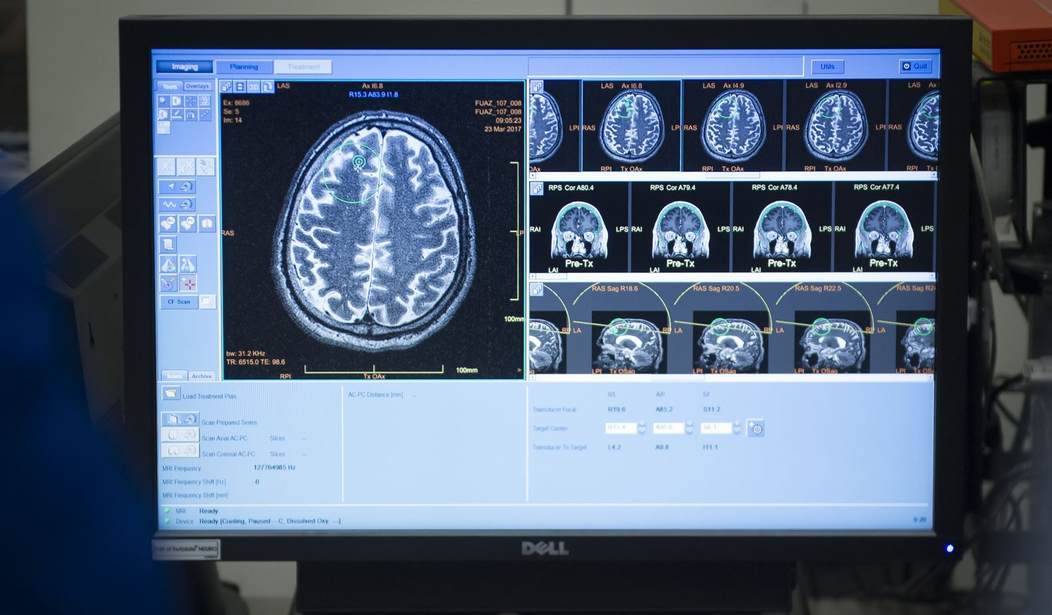The prevailing wisdom for some time has been that Alzheimer’s and similar forms of neurodegenerative disease are caused by faulty proteins that collect in the brain tissue — amyloid plaques and tau, in particular — and trigger the death of brain cells.
However, as the axiom goes, “correlation does not equal causation.” It may be the case that the plaquing seen in advanced Alzheimer’s patients is a symptom of the underlying disease process and not the cause itself.
Mounting evidence over the past decade or so suggests that the underlying cause may be bacterial/viral infections at the subclinical level, meaning that the infections themselves do not produce noticeable symptoms but may be negatively affecting the brain nonetheless over time.
Amyloid plaques are components of the innate immune system in the brain. They serve a critical purpose: combatting pathogens in the brain. The brain, likely for protective reasons, has limited adaptive immune system activity, such as antibodies produced following infection. So the innate immune system is all it’s got.
Via Science Translational Medicine (emphasis added):
Neurodegeneration in Alzheimer’s disease (AD) is mediated by soluble oligomeric intermediates generated during fibrillization of the amyloid-β protein (Aβ)…
Members of the evolutionarily ancient family of proteins, collectively known as antimicrobial peptides (AMPs), share many of Aβ’s purportedly abnormal activities, including oligomerization and fibrillization (3, 4). For AMPs, these activities mediate key protective roles in innate immunity. AMPs are the first-line of defense against pathogens and act as potent broad-spectrum antibiotics and immunomodulators that target bacteria, mycobacteria, enveloped viruses, fungi, and protozoans, and in some cases, transformed or cancerous host cells (5). AMPs are widely expressed and are abundant in brain and other immunoprivileged tissues where actions of the adaptive immune system are constrained…
Synthetic Aβ exhibits potent in vitro antimicrobial activity towards eight common and clinically relevant microbial pathogens.
The theory is that the disease process of Alzheimer’s may be triggered in whole or in part by latent infections and pathogens that are then targeted by the amyloid proteins, which conglomerate in the brain over many years and ultimately contribute to the death of neurons. There is strong correlative evidence between the presence of harmful bacteria both in the brain itself and within the gut (gastrointestinal) microbiome, which is home to as many as 400 species of bacteria.
Related: YouTube Adopts WHO ‘Medical Misinformation’ Censorship Regime
“Dysbiotic microbiota in the gastrointestinal tract promotes and aggravates neurodegenerative disorders,” according to the Journal of Alzheimer’s Disease. In other words, harmful bacteria in the gut are associated with increased risk/severity of brain degeneration.
Via Journal of Alzheimer’s Disease, 2015 (emphasis added):
We found over a ten-fold increased occurrence of AD when there is detectable evidence of spirochetal infection… and over a four-fold increased occurrence of AD in a conservative risk estimate (OR: 4.45; 95% CI: 2.33-8.52). We found over a five-fold increased occurrence of AD with Cpn infection. This study shows a strongly positive association between bacterial infection and AD.
Via Experimental Biology (emphasis added):
Researchers are reporting new findings on how bacteria involved in gum disease can travel throughout the body, exuding toxins connected with Alzheimer’s disease, rheumatoid arthritis and aspiration pneumonia. They detected evidence of the bacteria in brain samples from people with Alzheimer’s and used mice to show that the bacterium can find its way from the mouth to the brain.
Dr. Eric Berg, the naturopath recently targeted for shadow-banning by YouTube, as I have reported on previously at PJ Media, does a great job laying out the argument for the pathogen hypothesis.
Given the complexity of the human organism, it’s almost surely the case that there is no single identifiable cause of Alzheimer’s disease or any chronic disease. But these considerations may be a large part of the picture.










